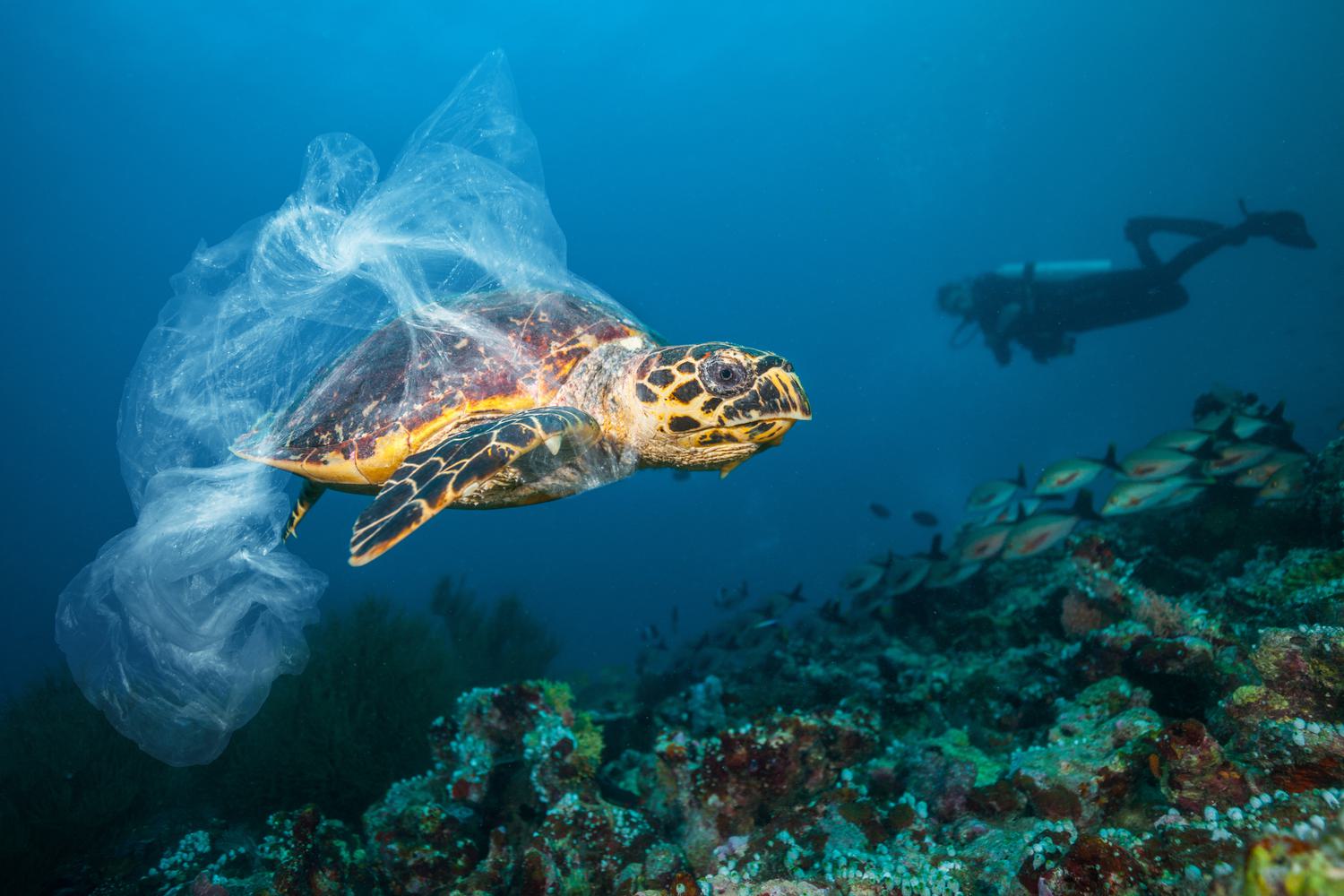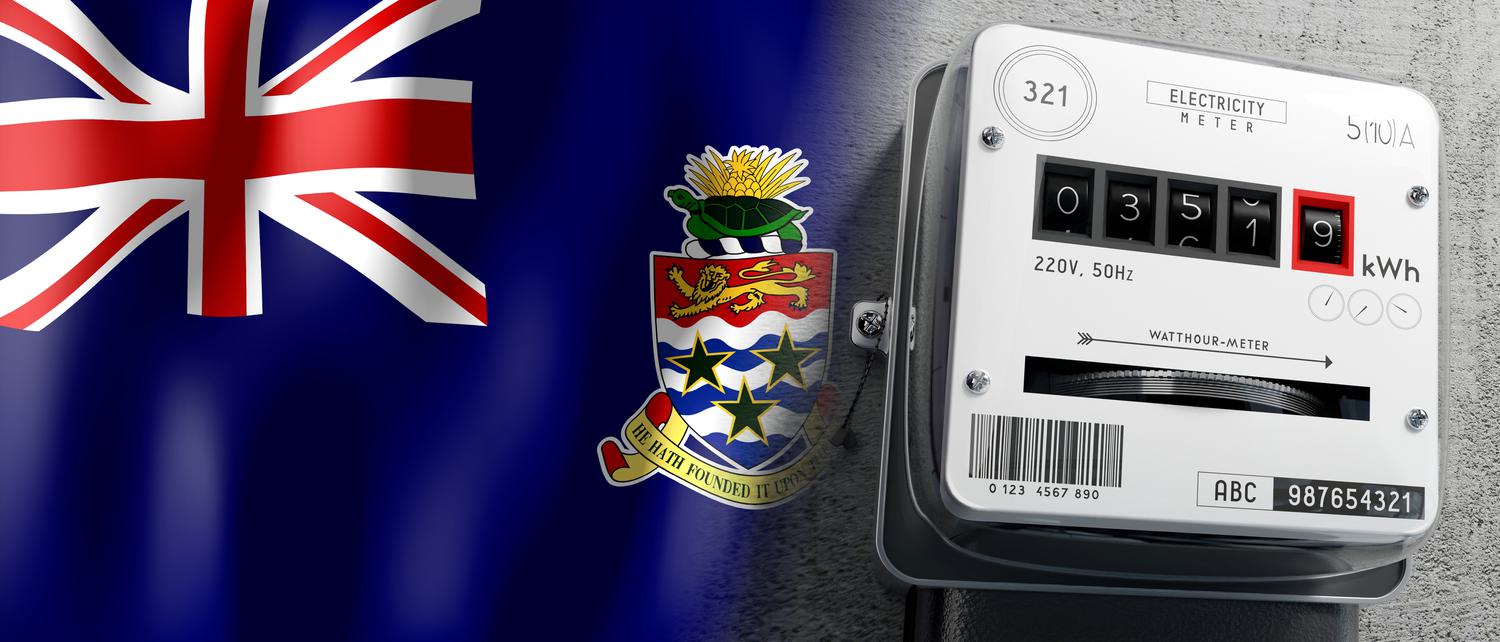The cost of powering our homes with fossil fuels is expected to keep rising as global supplies decline. In the Cayman Islands, electricity is already expensive, and smaller Caribbean nations like ours, with less bargaining power, are especially vulnerable to price hikes as oil becomes scarcer. Cayman has set an ambitious goal of generating 70% of its energy from renewable sources by 2037, prompting important discussions on how this will be acquired.
Solar Power
Significant improvements are being made in the solar energy industry every year, and Cayman is the perfect location to harness the power of the sun. Solar energy can be harvested in two ways, namely solar photovoltaic (PV), which converts sunlight into electricity, and solar thermal, which heats water.
The initial costs of purchasing these systems are significant and the government does not currently offer subsidies, but renewable energy equipment has been made completely duty-free as an incentive.
GreenTech Energy, Cayman’s oldest and largest renewable energy provider, designs, installs and services solar panel and battery energy storage systems for commercial and residential use, creating packages that best suit your needs and feature the longest warranties in the industry. Their ‘self-consumption’ solar and battery package, for example, helps cut costs significantly and operates independent of CUC’s electric grid.
Utility-Scale Solar Farms
The five-megawatt (MW) Utility-Scale Solar Farm is Grand Cayman’s commercial solar project and is located on a 20-acre site in Bodden Town. This solar farm was also the first Independent Power Producer (IPP) in Grand Cayman, selling 100% of electricity produced to CUC through a Power Purchase Agreement (PPA). The farm comprises 21,690 poly-crystalline photovoltaic (solar) modules, each with a DC-rated capacity of 305 watts. The facility is connected to CUC’s Bodden Town Substation and provides equivalent energy to power approximately 800 homes with clean, renewable solar energy.
CUC’s 2017 Integrated Resource Plan (IRP) calls for new, less carbon-intensive technologies to be introduced, including significant amounts of solar and wind power. Other technologies considered include the conversion of existing generating units to operate as dual fuel engines utilising cleaner-burning natural gas, the deployment of appropriate amounts of energy storage, and the integration of a municipal solid waste-to-energy plant to reduce the overall level of greenhouse gas emissions associated with electricity generation.
The IRP aligns with Cayman’s National Energy Policy (NEP) and will give shape to the energy generation plans for Grand Cayman over the next 30 years. Both the IRP and NEP call for a significant increase in the number of utility-scale and customer-sited renewable energy projects in the Cayman Islands.
Solar Power Storage
For residents seeking to power their premises primarily through solar energy, it is important to consider an alternative source of power in the event of insufficient sunlight, although the Cayman Islands enjoys over 300 days of sunshine a year. Rechargeable lithium-ion batteries have become a well-established technology for this purpose, with a variety of brands offering units that can be wall-mounted and installed either outside the home or inside a garage.
These batteries can help ensure continued power during outages, removing the need to rely on a generator. This makes them especially useful during hurricanes or other severe weather events
See Disaster Preparedness for more information on how to prepare for hurricane season.
CUC's Distributed Renewable Generation Systems
CUC has multiple energy programmes for customers to interconnect renewable energy systems to the grid. The total interconnection size of these programmes varies year to year and is dependent upon available hosting capacity on the grid.
The Consumer-Owned Renewable Energy (CORE) Programme has been in place since 2009 to purchase all electricity produced via renewable energy from approved customer applicants. The programme is a net-billing arrangement whereby 100% of the customer’s renewable energy production is sold to CUC and credited to the customer’s monthly bill.
The Distributed Energy Resource (DER) Programme has been available to customers since 2018. In this programme, participating customers self-consume energy they produce from their renewable energy systems and, in doing so, avoid costs related to consumption and demand from the grid. Any excess renewable energy produced that is not consumed by the customer is exported and sold to the grid for credit to the customer’s CUC account.
This programme uses a demand rate billing structure, with demand measured for billing purposes in an on-peak period. The electricity regulator, the Utility Regulation and Competition Office (URCO), is responsible for approving any additional capacity, rates, and final terms and conditions for the CORE and DER Programmes in the Cayman Islands. Customers should periodically check the availability of capacity for the CORE and DER Programmes with their local renewable energy installer or with CUC by visiting www.cuc-cayman.com or emailing service@cuc.ky.
Solar Panel Installerskeyboard_arrow_right
These solar panel professionals can design and install each system to perfectly suit your home, budget and electricity needs. Find out more about converting your home to renewables.





